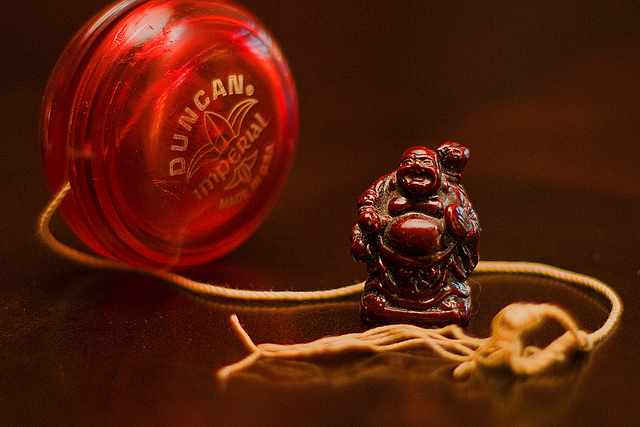
31 May Yo-yo dieting–Help!
This article is an update from the March 30, 2017 post.
Everyone can lose weight. You’ve probably done it hundreds of time. Me too. Of course, the real problem is keeping it off. So many times a person diets for some time, loses some weight, goes back to normal eating, and, boom! The weight is back on and even more. What an unfair reward for your hard work.
Why does this happen?
The reason this happens is that you might have damaged your metabolism by dieting. When you restrict calories, as what a typical diet does, your body reacts by slowing down. For all your body knows, you are in a famine and your body is going to protect you through it by slowing down so you need less food. What a favor! So as you go back to eating normally, your body needs less than before, so even on a severely restricted diet you will gain weight. Your body is protecting you from the next famine. Thank you, body.
You may also have lost muscle mass. Dieting can deprive you of the food your body needs to build and maintain muscle. Muscle burns more energy than fat. That is, a muscular body will use up the calories you eat more than a body with lots of fat. So now that you have less muscle, you need less food so back goes on the pounds. An alternative to dieting is changing your body composition, from one with fat stores, to one with toned muscles. And, a body with muscle tone looks better. So it’s a win-win. Lifting weights, even your own body weight, is the secret to building muscle. I prefer that kind of exercise to cardio anyway, even though cardio is a good part of any exercise program.
Another problem with dieting is that it tends to be stressful on the body. Your body doesn’t like restricted calories, so it pumps out cortisol. Your emotions also don’t like the stress of counting calories and the deprivation that goes with denying yourself what everybody else is eating. So now you have even more cortisol. And, if you up your cardio and exercise, at the same time you’re restricting calories, you are really challenging your body and causing even more cortisol to be released. Cortisol is a stress hormone. The sad thing is that cortisol makes you gain weight. Not fair. Dieting seems like it should work but it doesn’t, or at least not in the long term, and you can blame it on cortisol.
When I am coaching someone who wants to lose weight, we always explore sources of stress. A stressed person will likely hold on to weight. So we consider ways of de-stressing like deep breathing, attitude adjustments, meditation, and more. We also look at any underlying health condition that might contribute to weight gain. And we make sure that the food the client eats contributes to health and a healthy weight.
To lose weight, it’s necessary to gain health.
So restricting calories doesn’t work well in the long term. But you can consider how you eat. That is, you might try lengthening time between meals. Let your body burn its fat stores instead of burning up the calories you just ate. Now your body might think you are on your way to hunt or gather, so it patiently helps you have the energy and focus you need. That’s a favor you will like from your body. So gradually try spacing out meals and skipping snacks. Take time to adjust to eating less often. And when you eat, make sure it’s healthy food. Don’t stress your body and confuse it into anymore unwanted favors!
I love helping people lose weight. I’m a National Board Certified Health and Wellness Coach and I’m a graduate of the Functional Medicine Coaching Academy. Let’s work together to get you in your best shape. I’ll listen to your story and follow your lead as you implement new and positive changes. Contact me.
In the comments below, tell about your yo-yo dieting experiences.
The Obesity Code by Jason Fung
This article is for information purposes only. See Disclaimer below.



No Comments